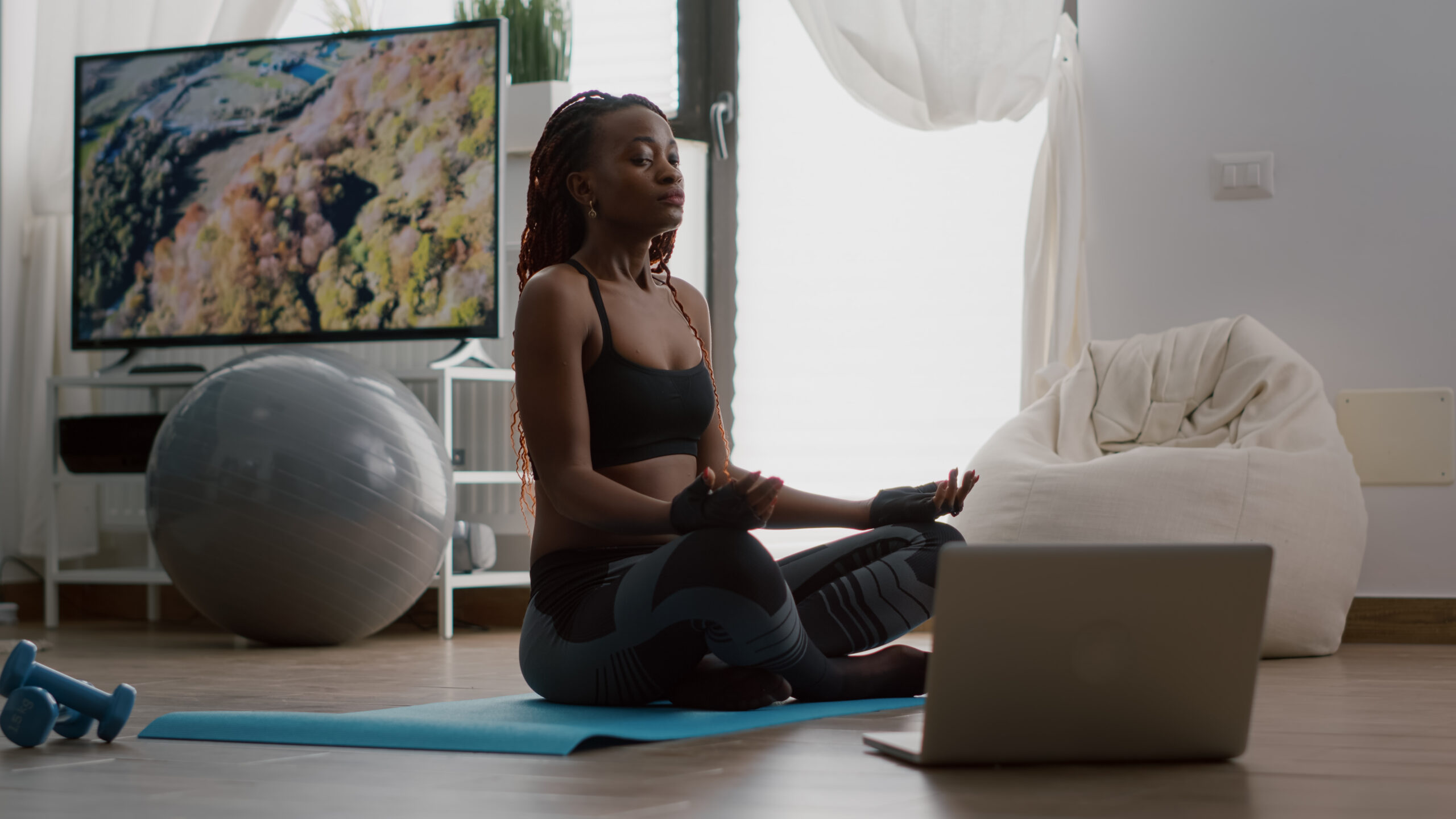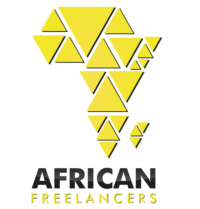As a freelancer, you have the freedom to choose your projects, set your own schedule, and work from anywhere. But with this freedom comes a unique set of challenges—tight deadlines, inconsistent income, demanding clients, and the pressure to always be available. Over time, these pressures can take a toll on your mental, physical, and emotional well-being, leading to burnout.
Burnout isn’t just about feeling tired. It’s a state of chronic exhaustion that affects your motivation, creativity, and overall productivity. You might notice yourself procrastinating more, struggling to complete tasks you once enjoyed, or feeling detached from your work. The exhaustion isn’t just mental; it can manifest as constant fatigue, headaches, or even anxiety.
For African freelancers, the risk of burnout is even higher. Many of us operate in economies where freelancing is not always seen as a “real job,” making it harder to justify taking breaks. You may feel the need to overwork to prove your value or because opportunities feel uncertain. Unstable internet access, delayed payments, and a lack of support networks can add extra layers of stress.
In this article, we’ll explore practical self-care strategies to help you recover from burnout and create a healthier, more sustainable work-life balance in the year ahead.
What Are the Signs of Burnout in African Freelancers?
Burnout builds up gradually, often without you realizing it. You may think you’re just having a few unproductive days, but in reality, your body and mind could be signaling that you’re running on empty. Recognizing the signs early can help you take action before burnout affects your health and career.
Physical and Emotional Exhaustion
If you constantly feel drained, even after getting enough sleep, burnout may be creeping in. Physical symptoms like headaches, muscle tension, and frequent illnesses are common because stress weakens your immune system. Emotionally, you may feel overwhelmed, hopeless, or emotionally numb, making it hard to stay engaged in your work.
Decreased Motivation and Creativity
Remember when you were excited about landing new clients and working on projects? If that excitement has faded and everything feels like a chore, burnout could be to blame. You might struggle to generate fresh ideas, and even simple tasks may feel mentally exhausting. This can be especially frustrating if your work relies on creativity.
Procrastination and Missed Deadlines
When burnout sets in, even tasks you once handled easily can feel overwhelming. You may find yourself putting off work, scrolling through social media for hours, or struggling to focus. This often leads to missed deadlines, last-minute rushes, and lower-quality work—creating a cycle of stress that worsens burnout.
Increased Frustration and Irritability
Do you feel annoyed by emails from clients? Do small inconveniences, like a slow internet connection or an unclear revision request, make you disproportionately angry? Burnout can make you short-tempered and easily irritated, even with people you usually enjoy working with. If you find yourself snapping at friends or feeling resentful towards your work, it’s time to take a step back.

Detachment from Work and Clients
Burnout can make you feel disconnected from your work. You might stop caring about the quality of your projects, avoid interacting with clients, or feel indifferent about your earnings. Instead of actively seeking new opportunities, you may just go through the motions, feeling emotionally distant from what once inspired you.
If you recognize one or more of these signs in yourself, it’s important to acknowledge that burnout is real and valid. You’re not alone—many freelancers go through this. The good news is that burnout is reversible.
Self Care Tips for African Freelancers Suffering From Burnout
Here, we’ll explore self-care strategies to help you recover, set healthy boundaries, and reignite your passion for freelancing.
Take Intentional Breaks and Set Realistic Work Hours
As a freelancer, it’s easy to fall into the trap of working endlessly—especially when you’re chasing deadlines, managing multiple clients, or dealing with inconsistent income. But neglecting your well-being only leads to burnout, decreased productivity, and even long-term health issues. Prioritizing both your mental and physical health isn’t a luxury—it’s a necessity if you want to sustain your freelance career.
To prevent burnout, set clear work hours and stick to them. Treat your freelance work like a regular job:
– Use time-blocking to schedule work, breaks, and rest periods.
– Take regular breaks using techniques like the Pomodoro Technique (work for 25–50 minutes, then take a 5–10 minute break).
– Establish a cutoff time for work each day to avoid working late into the night.
– Unplug from work on weekends or at least one full day per week to recharge.
We recommend you read our article on time management for freelancers here
Engage in Physical Activities (Exercise, Stretching, Walking)
Freelancing often means spending long hours sitting at a desk, which can lead to body stiffness, fatigue, and even health problems over time. Regular physical activity can improve your energy levels, boost your mood, and reduce stress.
You don’t have to do intense workouts—small, consistent movements throughout your day can make a huge difference:
– Stretch every hour to relieve tension in your shoulders, neck, and back.
– Take short walks around your home, neighborhood, or workspace to refresh your mind.
– Try home workouts such as yoga, jumping jacks, or body-weight exercises.
– Consider active hobbies like dancing, skipping rope, or cycling—anything that keeps you moving.

Learn to Say No to Unreasonable Requests
One of the biggest challenges freelancers face is maintaining a balance between work and personal life. Unlike traditional office jobs with set hours, freelancing often blurs the lines, making it easy to overwork yourself or feel guilty about taking breaks. Without clear boundaries, you may find yourself working late into the night, answering client messages on weekends, or accepting projects that drain your energy.
As a freelancer, you may feel pressured to accept every project that comes your way, especially if you’re worried about inconsistent income. But saying “yes” to everything can lead to frustration, exhaustion, and even resentment toward your work. Not every opportunity is worth your time. Some projects may be underpaid, demand unrealistic deadlines, or involve difficult clients who expect round-the-clock availability. If a request doesn’t align with your goals or well-being, it’s okay to say no.
How to say no professionally:
– Set clear expectations from the start. When discussing a project, be upfront about your rates, availability, and work process. If a client asks for something outside your scope, politely decline or offer alternatives.
– Use polite but firm language. Instead of saying, “I can’t do this,” try, “I appreciate the opportunity, but my schedule is full at the moment.”
– Offer a solution when possible. If a request is too demanding, suggest a more realistic timeline or direct the client to someone else who might be available.
– Remember your worth. Just because someone offers you work doesn’t mean you have to accept it.
Create a Dedicated Workspace to Separate Work from Personal Life
Working from home can be both a blessing and a challenge. While you get to avoid long commutes, it can also be difficult to separate work from relaxation. If you find yourself working from your bed, couch, or kitchen table, your brain may struggle to switch between “work mode” and “rest mode.” This can lead to overworking or feeling like you’re always “on duty.”

How to create a dedicated workspace:
– Set up a specific work area. If possible, designate a small corner or table for work. It doesn’t have to be a full office—just a space that signals to your brain that it’s time to focus.
– Keep work and personal activities separate. Avoid working from your bed or areas where you usually relax.
– Establish “office hours.” Even though you’re freelancing, setting work hours can help create structure.
– Use boundaries with people around you. If you live with family or roommates, communicate your work hours so they don’t interrupt you unnecessarily.
– Physically “shut down” your work at the end of the day. If you use a laptop, close it and put it away. If you have a desk, tidy it up.
Final Thoughts
You are your biggest asset as a freelancer. If you don’t take care of yourself, your business will suffer. When you set work boundaries, stay physically active, set boundaries, and say no when you should, you can protect your well-being and create a more fulfilling freelance career.
Looking for more insights to grow your freelance business? Explore other articles on our blog for expert tips on freelancing and productivity. Also, don’t go on this journey alone—join a community of like-minded African freelancers where you can network, share experiences, and access exclusive opportunities to level up your career!






